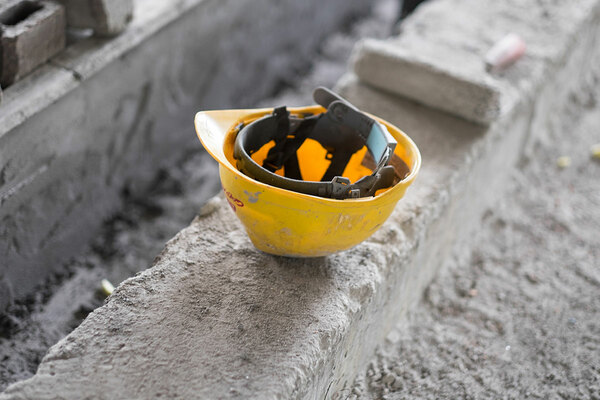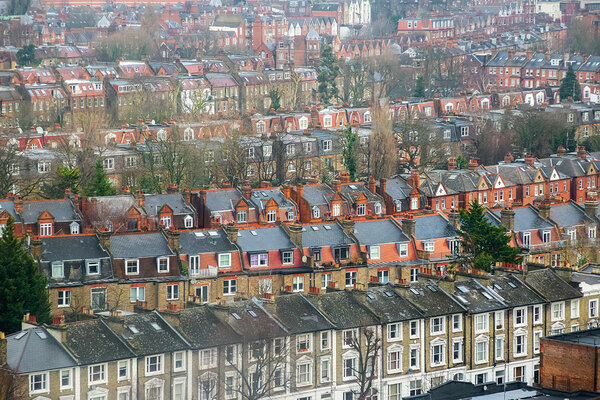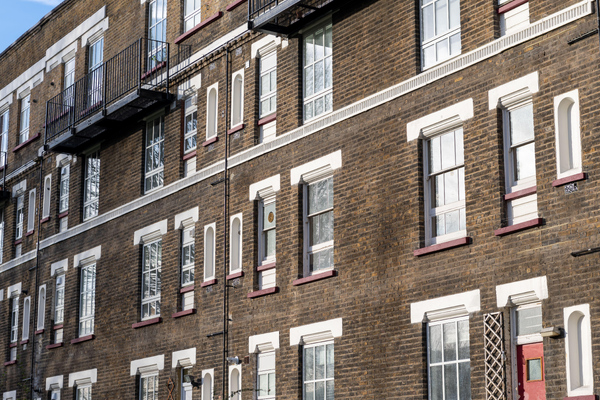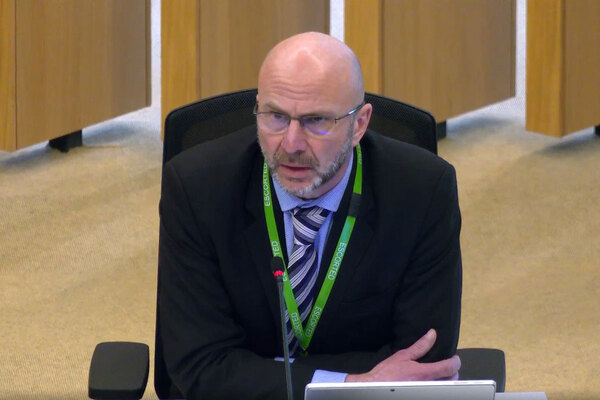You are viewing 1 of your 1 free articles
Housing sector fears government’s Section 106 changes could hamper affordable housing delivery
Housing sector organisations have voiced concerns over the government telling councils to allow developers to delay affordable housing contributions.
Trade bodies the National Housing Federation (NHF), the Chartered Institute of Housing (CIH) and PlaceShapers warned that the advice must not lead to fewer affordable homes.
New guidance issued today advises planning authorities to consider allowing small and medium-sized (SME) developers to defer Section 106 and Community Infrastructure Levy (CIL) obligations in a bid to support housebuilding during the coronavirus crisis.
Section 106 and CIL are conditions built into planning permissions to ensure that a portion of profits made through development are channelled into providing affordable housing, infrastructure or other public benefits.
Housing secretary Robert Jenrick told the House of Commons today that the guidance “does not mean that there’s an impact in the longer term upon social infrastructure or affordable homes” but that it would give SME builders “breathing space in the weeks and months ahead”.
But Will Jeffwitz, head of policy at the NHF, said Section 106 agreements are an “indispensable” means of providing social housing.
Section 106 delivered 49% of all new affordable housing in England in 2018/19.
“We agree that flexibility will help the sector weather a downturn caused by coronavirus, particularly the smaller developers who will be central to the country’s economic recovery,” Mr Jeffwitz said.
“But it’s important that this doesn’t come at the expense of affordable housing or local infrastructure, which will be needed now more than ever.”
Sarah Davis, senior policy and practice officer at the CIH, said government would need to increase grant for affordable housing “significantly” if contributions from Section 106 decrease.
She added: “We appreciate there is a need to look at stimulating housing developments again, as recognised in the proposed flexibility to defer CIL payments.
“However, Section 106 is a critical route to deliver much-needed affordable homes, often on site rather than via deferred payments, helping to build mixed communities.”
Sinéad Butters, chair of PlaceShapers and chief executive of Aspire Housing, said: “It would be counterintuitive to see anything that might lead to fewer affordable homes as investment in social housing is counter-cyclical.
“When the housing market stalls, social housing not only provides homes that are badly needed but the rent brings investment income into communities.
“Now is the time for more, not less, affordable housing and government, local authorities, housing associations working together.”
The guidance comes as the sector presses ministers to provide more affordable housing once the pandemic is under control through a new ‘Homes for Heroes’ programme.
The G15 group of large London housing associations, which backs the campaign, said today’s Section 106 guidance “looks like pragmatic advice to ensure the timing of development activity is straightforward as we move towards recovery”.
A spokesperson added: “The coronavirus crisis means there is an increased need for affordable homes for thousands of people, including essential workers and rough sleepers temporarily housed in hotels, so we are sure the government is not suggesting any dilution of affordable homes obligations in planning agreements.”
Sign up for our daily newsletter
Already have an account? Click here to manage your newsletters













